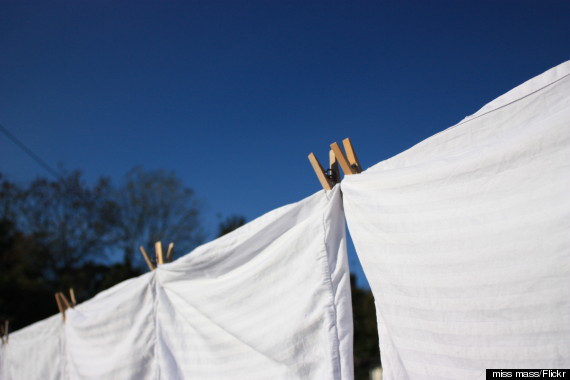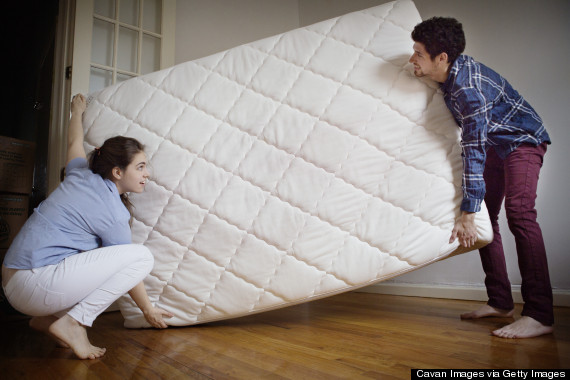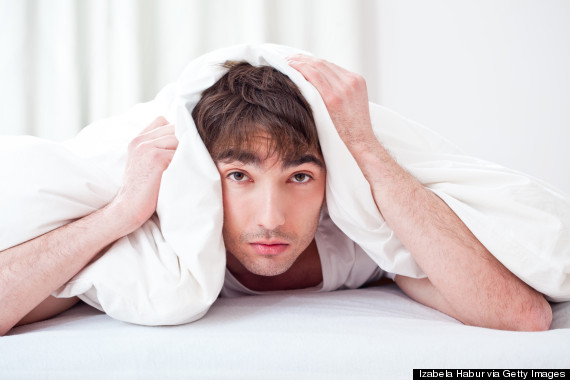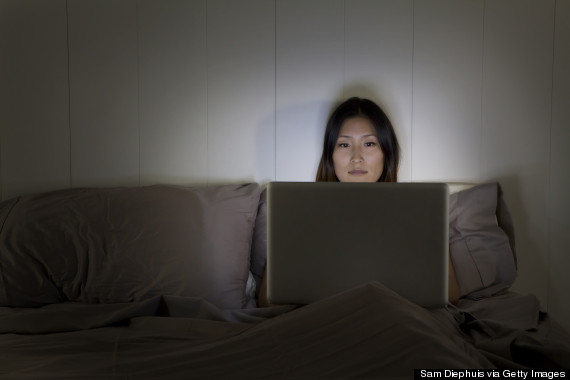| Updated
You wouldn’t run a marathon or hike a mountain without the right gear. And yet, despite spending a third of our lives sleeping, many of us haven’t adequately prepared in the bedroom — when it comes to mattresses, that is.
Not that we don’t recognize the importance of a comfy mattress. In a 2011 poll, the National Sleep Foundation found that 92 percent of people say a comfortable mattress is important to a good night’s sleep.
You might be tempted to blame your budget for continuing to doze on a less-than-ideal mattress, but considering just a little bit more shut-eye can help you lose weight, improve your memory and live longer, can you really put a price tag on good sleep?
But the wrong mattress — or the mattress that’s simply too old — can be the cause of more than that crick in your neck or your low back pain. Here are five sneakier ways your mattress affects your sleep — and your health.
Buying A New Mattress Might Zap Your Stress

In a small 2009 study, 59 healthy men and women slept for 28 consecutive nights on their regular mattresses, then another 28 nights on new, medium-firm mattresses. They were asked to evaluate their stress levels based on factors like worrying, racing thoughts, nervousness, irritability, headaches, trembling and more. The new beds resulted in “a significant decrease in stress,” according to the study, possibly because of the related increase in sleep quality and decrease in pain associated with the firmer setup.
You May Be Allergic To Your Mattress

Well, to the dust mites calling it home, at least. The microscopic creatures feed on the dead skin cells you shed naturally, a whole host of which are found in and on your bed. As many as 20 million Americans are allergic to the buggers, according to WebMD, and they’re especially problematic for people with asthma, CNN reported.
Washing sheets and pillowcases frequently in hot water can help rid your linens of dust mites. And a slipcover labeled “allergy-proof” can help keep them from traveling from the mattress to your sheets and pillows going forward. If dust mites are a problem, clean the actual mattress with a vacuum, according to the Better Sleep Council.
“Medium-Firm” Is A Subjective Label

There’s no standardized definition of what makes a mattress soft and what makes a mattress firm. “A 250-pound person may describe a mattress as soft while a 125-pound person may describe the same mattress as firm,” Robert Oexman, D.C., director of the Sleep to Live Institute, wrote in a 2012 HuffPost blog. Terms like “ultra-plush” sound appealing, but you’ll really only know what’s plush if you spend some time horizontal. There’s also little evidence to prove a firm or a soft mattress is better for your sleep — it just about all comes down to comfort. So make sure you spend at least 20 minutes “test-driving” a mattress before making a purchase.
Tossing And Turning Could Be A Sign It’s Time For A New One

A hole with stuffing streaming out or a spring sticking into the small of your back are obvious signs it’s time to replace your mattress. But they’re not the only reasons to head to the store. If you’re simply not sleeping as well as you used to at home, it might be time to make an investment, especially if you find you sleep better away from home, USA Today reported.
Using Your Mattress As Your Home Office Can Keep You Up

Experts agree that the bedroom should be reserved for sleep and sex — otherwise,your brain can start to expect to answer work emails when you hit the hay, making it increasingly difficult to fall asleep. Electronics definitely don’t belong with you on your mattress; the blue light they emit is particularly disruptive to the brain’s natural bedtime mechanism and can you up longer.










